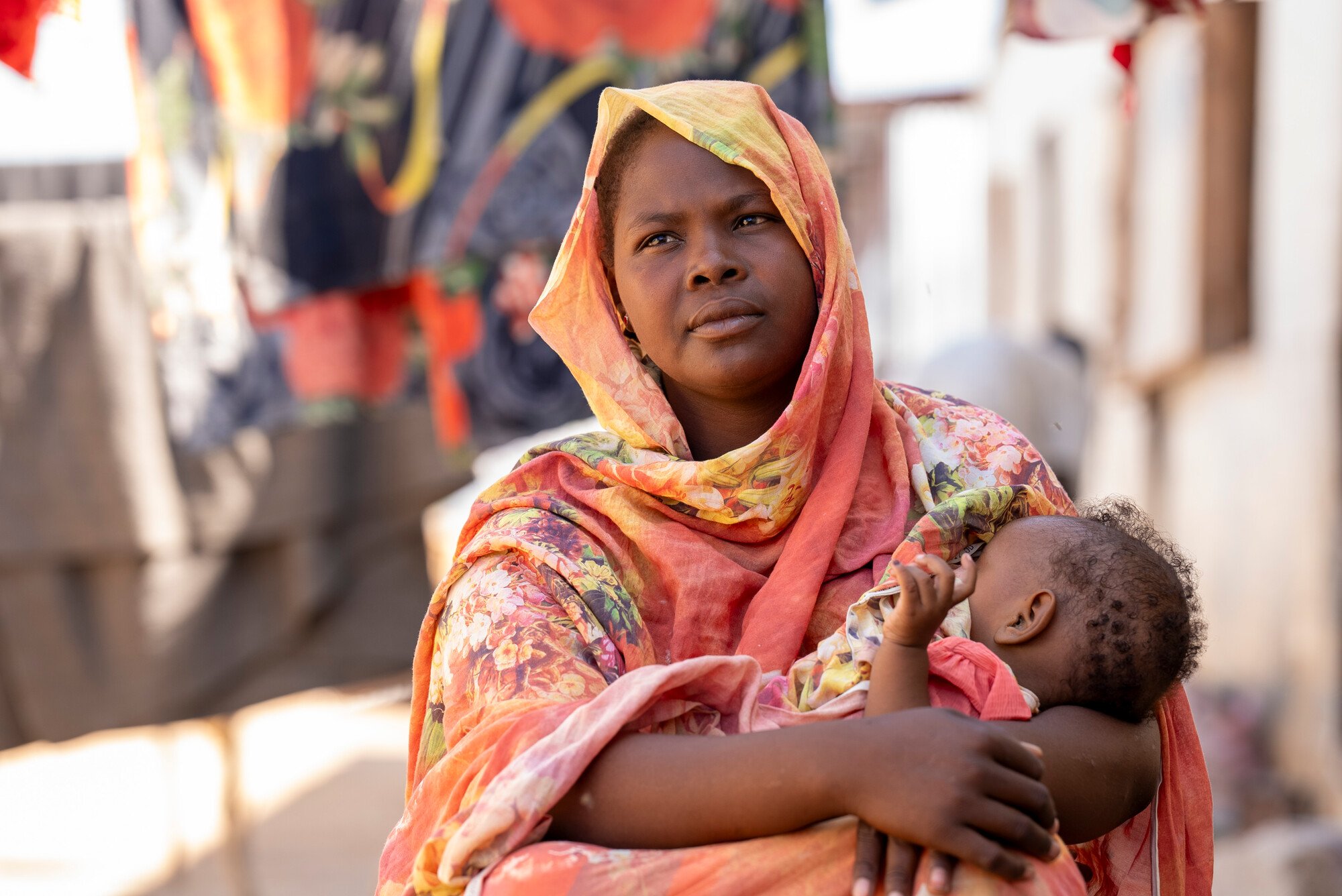A local team in Bangladesh takes on a key role in emergencies: standing up for women’s rights.
When cyclones hammer the coastal towns and villages of Bangladesh, it is not only forces of nature that threaten lives: it is also the force of tradition. If you judge the country’s preparedness from 10,000 feet in the air, it’s reassuring. The basic infrastructure—lots of sturdy cyclone shelters—is in place. But those measures only work for men.
“In an area like this, people are very conservative,” says Nazma Begum, a women’s rights activist in the southern district of Barguna. “Men do not allow women to go out often. Even when a cyclone is coming, they make the women stay home. If a woman is at an advanced stage of pregnancy, she can’t move fast, so she should get started early. A woman could die because she wasn’t allowed to go to a shelter, or because she left her home too late.”
Besides, most shelters don’t have designated spaces for women—even for those who are pregnant or lactating, and there is often no electricity and minimal lighting, so women and girls face heightened risk of sexual harassment and assault.
However, in Barguna, change is afoot. A group of 30 women leaders known as the Gender Task Team (GTT) has set out to make cyclone shelters female-friendly. A shelter in Sonakhali village shows early results: there is now a designated women’s area with its own bathroom, an area for pregnant and lactating women, a bathroom for the elderly and disabled, and improved access to clean drinking water. Team members are working to make improvements at other area shelters, and they have submitted plans to the government for improving them throughout the district.
“The GTT has already convinced the district government to adopt a new model for cyclone shelters,” says Sankar Biswas, project manager for the Community Development Center (CODEC), an Oxfam partner. The national government may follow suit, he says, and that would be a big step forward for protecting women and girls in emergencies.
Women take disaster response into their own hands
The GTT was the brainchild of local organizations taking part in an Oxfam program known as ELNHA—Empowering Local and National Humanitarian Actors—whose purpose is to strengthen the ability of local and national organizations to lead the way in emergency response.
“There are powerful activist women here,” says Masud Alam, whose organization DOCAP (Development Organization of Coastal Area’s People) is a member of ELNHA. “We helped them come together so they could speak with a collective voice.”
When it comes to disaster response, shifting power and resources from international to local and national organizations and responsible governments tends to result in quicker and more culturally appropriate response. Oxfam is a strong advocate for local humanitarian leadership—and we’re putting women front and center.
“Women are particularly vulnerable in disasters, so in emergencies people see them as victims and beneficiaries of aid,” says Mehbuba Yasmin, the ELNHA project’s advocacy officer. “But no one knows better than local women how to ensure the safety of local women. If we want to save lives, we should be looking to local women for both knowledge and leadership.”
“Women are the ones who can raise women’s issues around emergencies,” says Nazma. “Women who are having problems may not feel comfortable talking to men, but they will tell us what’s going on. So, when we advocate for women’s rights, we have the authority to speak for them.”
What’s more, she says, “During emergencies, women can influence the men of the communities. We can convince men in conservative communities to let their wives move to shelters. We say, ‘let your wife come with me and stay safe rather than stay here in danger.’ Men feel safer releasing their wives to a woman.”
“Women often bring a set of strengths to their leadership,” adds Yasmin, “like the ability to resolve conflicts peacefully, and the capacity to manage their time well, as they have been juggling heavy family responsibilities with other activities all their lives.”
Oxfam and our partners have been helping the GTT organize and host trainings and meetings, raise money, and prepare by-laws to enable them to become a registered nongovernmental organization. We have also helped them gain access to government authorities and others that can forward their advocacy agenda.
“We try to create space for the women’s voices to be heard,” says Alam.




